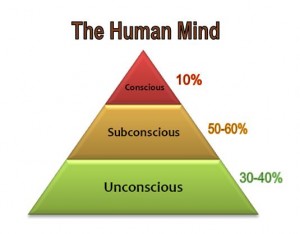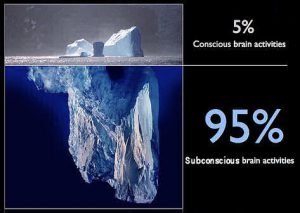Hypnosis
 Can I actually be hypnotized? How does it really work? Laypersons have most often heard or seen hypnosis in the context of “stage hypnosis” or “conversational hypnosis”. Stage hypnosis is about tricking the mind and entertainment, most definitely not what I will be talking about in this article. The hypnosis and deeply guided meditation I will be speaking about here is referred to as ‘clinical hypnosis’ and is practiced by licensed therapists across the country in clinics, hospitals, offices for help with a variety of emotional, relational, and personal issues.
Can I actually be hypnotized? How does it really work? Laypersons have most often heard or seen hypnosis in the context of “stage hypnosis” or “conversational hypnosis”. Stage hypnosis is about tricking the mind and entertainment, most definitely not what I will be talking about in this article. The hypnosis and deeply guided meditation I will be speaking about here is referred to as ‘clinical hypnosis’ and is practiced by licensed therapists across the country in clinics, hospitals, offices for help with a variety of emotional, relational, and personal issues.
Hypnotherapists guide clients by speaking to them in a series of exercises that help the client relax their own body and move their mind into a deep state of relaxation. They are able to hold their mind in an altered state of consciousness, called a a trance. It is in this state that the subconscious and unconscious mind are most active and open. Generally when one is fully alert and awake the conscious mind prohibits the other parts of the mind, the subconscious and unconscious, from begin very accessible. When you calm your mind and allow yourself to quiet the mind and focus your thinking in an intentional and judicious way you can activate and access the other parts of your brain.
People in a deeply focused mind-state are generally more responsive to an idea or image, yet this in no way means that the therapist can control the person’s mind or free will. Actually its quite to the contrary, hypnosis actually teaches people how to understand and guide their own states of awareness. Learning this can help them manage thoughts, release old beliefs, fade old memories, and assist in abating addiction.
What do people have clinical hypnosis for?
I’ve listed a few of a long list of things that people come to therapy for.
- Anxiety
- Depression
- Addiction
- Sleep Issues
- Fears and Phobias
- Weight Loss
- Addiction
- Trauma
- Loss and Grief
 How does hypnosis work?
How does hypnosis work?
Our brains are unique organs, we learn particular behaviors in response this that happen to us. When things happen that have happened before, our bodies and minds repeat what they did the time before in a similar event. In some situations, the reactions we have and repeat over and over can be unhealthy.
During hypnosis, your mind calms and your body relaxes as your thoughts become more focused. Like other relaxation techniques, such as meditation and focused breathing, hypnosis bring down the heart rate, and alters certain types of brain activity. When you become this relaxed you can feel, if you’ll allow yourself, to be more physically at ease yet also fully alert mentally and can be much more responsive to suggestion and new ideas. The conscious mind becomes more “quiet” and less awake and your subconscious mind becomes more focused and keen on suggestions. Hypnosis is not for everyone. All hypnosis is self-hypnosis, meaning that you can’t allow your unconscious to become fully active with a therapist if you cannot or will not allow your mind to calm. It’s also important to not that I do not and cannot control your mind. Clinical hypnosis assists you in quieting the conscious mind, and opening up the subconscious and unconscious mind where emotion, memories, and beliefs are held. It is in these areas of the mind that you can release self-limiting beliefs and better find peace and meaning as you dislodge old ways of believing about your life, your relationships, and your experiences.
Hypnosis is not simply a stage gimmick where it is most often seen, stage hypnosis is NOT clinical hypnosis. In 1958, both the American Medical Association and the American Psychological Association validated clinical hypnosis as a reliable and valid medical intervention. National Institutes of Health (NIH)in 1995 began recommending hypnotherapy as a treatment for chronic pain. It has since been used to help those that have had past trauma and abuse. Often therapists use music to help relax the mind and body.
As trained and licensed mental healthy professional may use hypnosis to aid and support traditional therapy I provide as a licensed counselor and therapist. Treatment can and often is a multimodal approach, meaning that talk therapy, hypnotherapy, and clinical assignments together can provide a solid way so you can attain and maintain the changes in your life.
If you have any other questions feel free to call me and ask. I’d be happy to answer any questions you have about therapy, hypnotherapy, or the process. Feel free to call me at 435.574.9193 or email me at justin.stum.lmft@gmail.com

